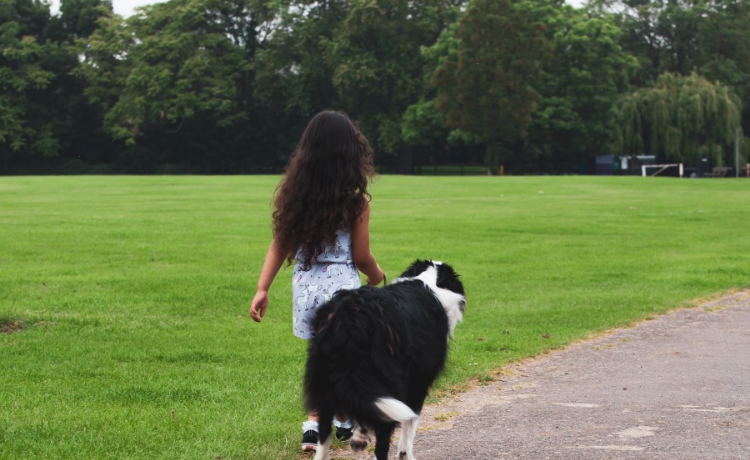Working Dogs During Covid
As we’re approaching the last quarter of the year, it is important to reflect on the positive and what has helped us push through the hardest part of our lives. It became apparent that dogs were helping many people through this stressful time, whether it be emotionally, mentally, or medically.
Dogs have long been able to be trained to sniff out cancer, diseases, and even low blood sugar with high accuracy. It comes as no surprise that dogs are being trained to detect COVID-19. Medical Detection Dogs in the UK have been training their dogs to sniff out COVID-19 and completed the first phase in a study of six dogs in detecting COVID-19 in scent samples from people who have tested positive for the virus. Not only does this reduce the cost of testing but it can“be considerably faster than existing testing methods since one dog can screen up to 250 people in 1 hour.” Another study shows similar results.
Some dogs are involved in teletherapy for those who can’t meet with them in person. Bailey the Therapy Hound has been having video meetings with people who just want the comfort of knowing they’re interacting with a sweet canine. Bailey has Intervertebral Disc Disease (IVDD) and is paralyzed but is more than happy to hang out or even read you a story as a welcome distraction from your troubles.
Frontline health care workers have been under the most stress of anyone since the pandemic began. It is known that petting a dog for just 10 minutes can temporarily reduce one’s levels of the stress hormone cortisol. In a small study of 122 emergency providers, each spent five minutes interacting with a dog. These emergency providers reported a“significant reduction in self-reported anxiety” and while it wasn’t for long, it was a very needed time of relief. Because of the high rate of burnout in medical workers during the pandemic, University of California Irvine Medical Center in Southern California has volunteer dogs as part of its pet therapy program. Brad Giafaglione, director for patient experience at UCI Health and overseer of the pet therapy program said,“We really needed a way to decompress and distress our staff. We thought to ourselves, if it works well for the patients, why wouldn’t it work well for our staff.”
As much as we may rely on our pets to comfort us, it may be stressing them out as well. There was an influx in pet adoptions when the pandemic started, as people working from home were more able to be there for them when they hadn’t had the time before. But as people are going back to working away from home, these adopted dogs are being left alone for long periods of time, which they’re not used to. This can cause increased barking, fear of loud or sudden noises, and anxiety. They also may be spending less time walking, which was a way to release some energy and provide stimulation.
In this time, we need to be sure we are taking care of our own well-being but we can’t forget the dogs who have helped us through. Creating a smooth, easy transition for them when work takes you away from home is a good place to start. They take care of us, so we also have to take care of them.
Written by: Lynn Moynahan





